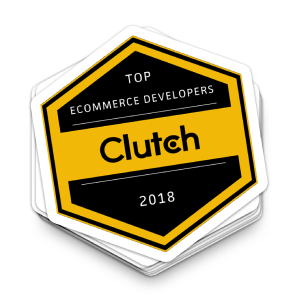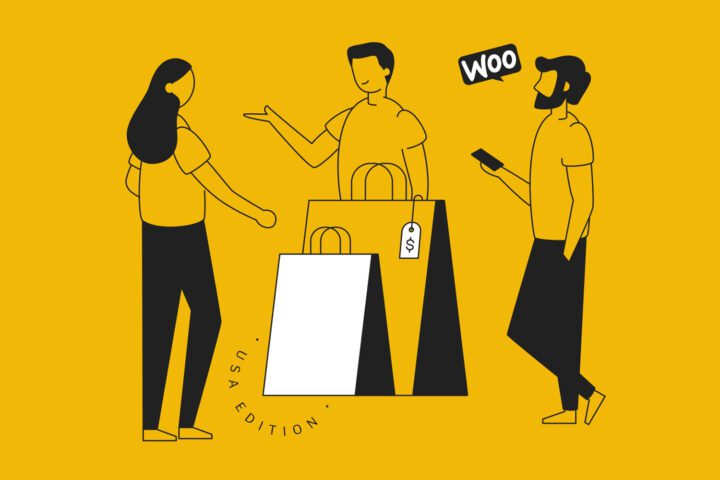An AI Hype-Cycle, Gell-Mann Amnesia and blood pressure cuff walk into a bar
The AI Hype had been raising my remaining hair from around 2022 until late 2024. Since January, I’ve stopped giving it that privilege. These days, both my hair and my blood pressure are flatlined—and the narratives people are hyping and arguing over? They’re less sci-fi and more like tragicomic headlines straight out of The Onion.
What’s even more puzzling: the growing number of senior folks parroting whatever the broligarchy serves them. Andrej tells me that in two or three years, WordPress will become obsolete—because, apparently, LLMs are about to start spinning out entire CMS platforms on the fly (for context, WP still holds a 65% CMS market share). Or take our poor SEO, now attending its twelfth funeral in our seventeen years of keyword massaging since Neuralab was born.
The generic recipe for these posts? Jam in as many buzzwords as you can—MCP, AEO, Agentic Workflows—and prepare for a flood of LinkedIn engagement. But here’s the twist: even the newer stories wore out so fast that poor Alexa has started pitching a Serbian AGI that can construct (I swear this isn’t an April Fool’s joke)… Dyson Spheres! Sure, there’s a tech roadmap for that—just ask Elisabeth Holm… sorry, Jean Luc Picard.
I’ll unpack this further in my book (ETA end of the year 😬), but all this obsession with radical change, collapse of this or that, techno-procrastination, and general collective mental masturbation can be boiled down to three seemingly unrelated things.
First: people love to focus on tech and tools—not because they matter more, but because they’re easier to grasp and chat over coffee. Musicians even have a term for it: Gear Acquisition Syndrome—the tendency to go on epic quests optimizing tools, bass pedals, crash cymbals, etc., while the real task—creativity, insight, actual output—takes a backseat.
Second: prognostic myopia. We’re biologically hardwired to focus on today’s noise and just getting by—making us blind to the big picture. Everyone predicted data packages and GPS in phones, but no one foresaw Uber or AirBnB. If this resonates, check out a brilliantly titled book: If Nietzsche Were a Narwhal: What Animal Intelligence Reveals About Human Stupidity.
And third—perhaps most important: Gell-Mann Amnesia. It’s this psychological paradox where we’re hypercritical of bad writing in our own field—spotting holes immediately and dismissing the article. But then we flip the page and accept everything about politics, archaeology, economics, or health without question—forgetting the nonsense from just two pages ago. That’s why non-developers love to shout about the “end of programming,” or why Hinton (yes, the Hinton) once “predicted” the death of radiology. One of the sharpest tech analysts, Benedict Evans, recently admitted he doesn’t use deep research—but hey, LLMs are great at writing code. (He’s great, follow him—but also check this amazing YouTube vid Why Is Everyone Lying, which quickly explains why vibe-coding is a supreme facepalm.) The truth? Humans are impossibly complex to themselves, while “those others across the field” seem like basic fools.
“But Krešo, surely there are technologies and protocols that die off?” Of course there are. That’s always been the case. But people forget real life isn’t some clean, homogeneous, static thing—it’s messy, heterogeneous, and always in motion. Flashback to 2010: Neuralab took a solid hit when Steve Jobs buried Flash—back then, a big chunk of our production relied on it. Flash as a stack component died. But our knowledge, skills, and concepts around it? They didn’t. ActionScript wasn’t far off from JavaScript. The UX and UI discovery process didn’t change with Flash’s collapse. And even the structure of web projects—database > backend code > frontend—remained largely conceptually intact.
So, to stop spinning around the same roundabout: the hard questions have always stayed the same.
“But adoption is crazy fast, everything’s changing, there’s a new shiny thing every single day!” Sure. Cool. That’s a solid point. But again—this has always been the case. The perception of fast change is just what it feels like to walk through the fog. All past tech looks obvious, inevitable, like, “Well duh, of course Excel, phones, Otto engines, social and the internet work like that—how else?” But Kundera reminds us we forget the fog those past builders were walking through.
Translation? Tech is inevitable—but not predetermined. I’ll pause here—we need to save something for the book 🤷♂️ But what’s this got to do with the title?
Well, the other day I was talking to GPT-3 about natural ways to lower blood pressure. (BTW if you didn’t know—us younger folks, with still somewhat flexible arteries—tend to get spikes in diastolic pressure, mostly due to stress and its extended family: anxiety, overthinking, etc.). My buddy Mario mentioned hibiscus tea, so I threw that into the GPT mix. Also fed it a bunch of PDFs from pressure-related studies—because hey, building AI context with personal inputs is so 2025. All likely paving the way for the biggest personalized ad network by 2027. But I digress.
A few days later, I got snacky. Took photos of four peanut packs—chili, black pepper, honey & salt, and plain—and asked GPT: “Yo buddy, which of these has the least salt?” It goes: “These hibiscus tea bags contain no salt—so feel free to snack on any of them.”
Agentic? Get the fuck out of here!







